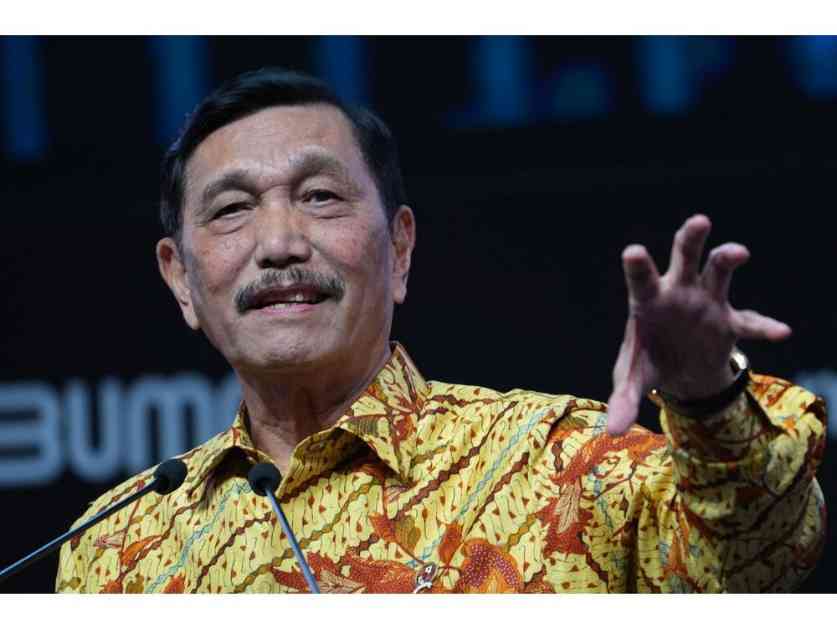Indonesia is gearing up for the inauguration of its new president, with the political elite engaged in last-minute negotiations that will shape the government for the next five years. However, one key figure, Luhut Panjaitan, the 77-year-old fixer-in-chief who played a crucial role in implementing outgoing President Joko Widodo’s industrial policies, is stepping aside due to health reasons.
Luhut, a retired general turned businessman and diplomat, has been instrumental in attracting investors and cutting through bureaucratic red tape to drive Indonesia’s economic policies. His most notable achievement has been the “downstreaming” initiative, which aims to leverage the country’s mineral wealth for industrial development. By banning raw nickel ore exports, Luhut was able to attract significant investment in processing industries, making Indonesia a major player in the global market.
As Luhut bows out, the new government faces the challenge of finding a successor who can continue his work on downstreaming and other key policies. Incoming President Prabowo Subianto has expressed interest in expanding downstreaming to other commodities like sugar and palm oil, while also evaluating the financial impact of existing export bans. The government has commissioned McKinsey & Co. to conduct a review of the downstreaming strategy.
However, the transition poses potential challenges, especially in sectors where Indonesia lacks the dominance it enjoys in nickel processing. The government will need to navigate economic constraints and ensure that downstreaming initiatives contribute to sustainable growth and development. With Luhut’s departure, the future of key initiatives like the Just Energy Transition Partnership, aimed at reducing coal dependence and promoting green energy, remains uncertain.
The search for a successor to Luhut is crucial for Indonesia’s continued economic progress. Speculation surrounds Prabowo’s brother, Hashim Djojohadikusumo, as a potential candidate to fill Luhut’s shoes. However, the complexity of driving Indonesia’s downstreaming campaign forward, particularly in less dominant sectors, poses a significant challenge for the incoming administration.
As Indonesia enters a new era under Prabowo’s leadership, the legacy of Luhut Panjaitan looms large. The country must navigate the transition effectively to ensure continuity in key economic policies and sustainable development initiatives. The future success of downstreaming and other strategic initiatives hinges on finding a capable successor to carry forward Luhut’s legacy of driving Indonesia’s economic growth and industrial development.






















